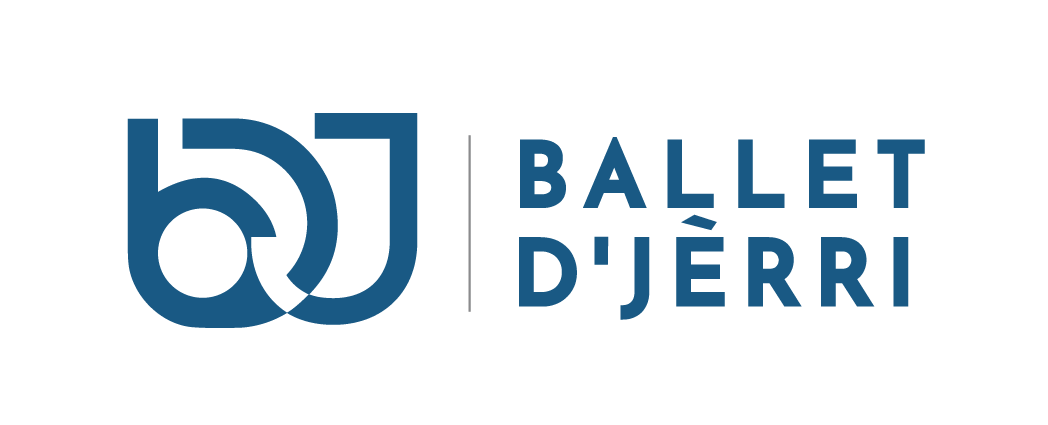Choreographing and setting work with Ballet d'Jèrri
This guide is an extension of the general BDJ welcome document, offering more detail on what to expect and how to navigate your role as a choreographer working with us. We see this as a collaborative relationship rooted in trust, respect, and shared ambition.
1. Scheduling & Time Management
We aim to give dancers their schedule as far in advance as possible, with the understanding that things may shift during the process.
We try not to call dancers to rehearsals when they are not needed, and we encourage choreographers to rehearse with smaller groups where possible. This helps conserve energy and focus.
Rehearsal schedules are planned in consultation with the Artistic Director and Rehearsal Director.
Our standard day runs from 10:00 to 18:00, beginning with morning class and followed by rehearsals.
Please plan your process carefully, including time for restaging, transitions, and moments of creative digestion. Keep in mind that there will be other company activities that might take dancers out of the studio or reduce available rehearsal time.
We understand that creative processes evolve, but a flexible structure helps dancers, support staff, and production stay grounded and effective.
2. Planning & Preparation
Ideally, arrive with a clear concept, structural plan, and timeline for development, even if the details will evolve in the room.
Choreographers are expected to come prepared with their own material and vision — while dancers are valued collaborators in the process, the choreographer holds primary responsibility for shaping the work.
Directed improvisation and/or dancer-generated material is welcome when used thoughtfully and within reason, but should be discussed beforehand during the commission process.
Where dancers contribute significantly to the creation of movement material, they should be credited accordingly.
When setting existing work, we expect that you come well prepared so that reference to video archives can be limited to checking precise details.
You're encouraged to send musical selections, visual references, or other inspiration in advance.
If your work involves spoken word, voiceover, or text, please let us know early so we can plan appropriately.
You will be asked to schedule runs or checkpoints that fit into the Artistic Director’s schedule. Keep this in mind and be proactive about slotting these into the development timeline.
3. Creative Control & Shared Accountability
You are the artistic lead on your piece, and we will support your vision.
That said, we are a collaborative company, and we expect mutual respect in the creative process.
Dancers are encouraged to offer feedback or ask questions.
You will normally be supported in the studio by the Rehearsal Director. They are there as a resource for both you and the dancers.
Leadership is both a responsibility and a privilege. We ask that you hold space with clarity, generosity, and professionalism.
4. Budget & Resources
You will receive a breakdown of your production budget in advance.
We ask that any purchases or hires be approved by the Artistic Director beforehand.
Please do not assume access to technical resources (like projectors, fog machines, or special lighting) without checking first.
Any changes to budgets, no matter how small, must be discussed in advance.
5. Communication
Clear, timely communication helps everyone work better.
If you need support or have concerns, please speak to the Artistic Director or Rehearsal Director early.
We won’t be offended by simple or obvious questions — better to ask than assume.
Let us know if there’s anything else you need. We’re thrilled to have you with us!
